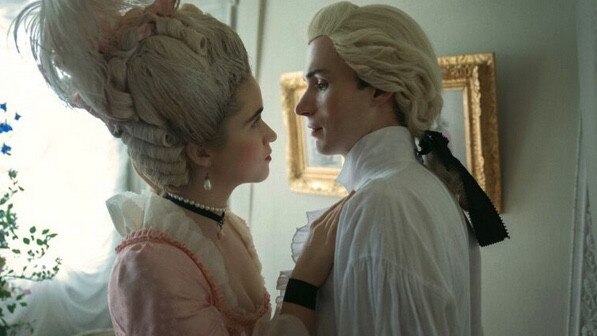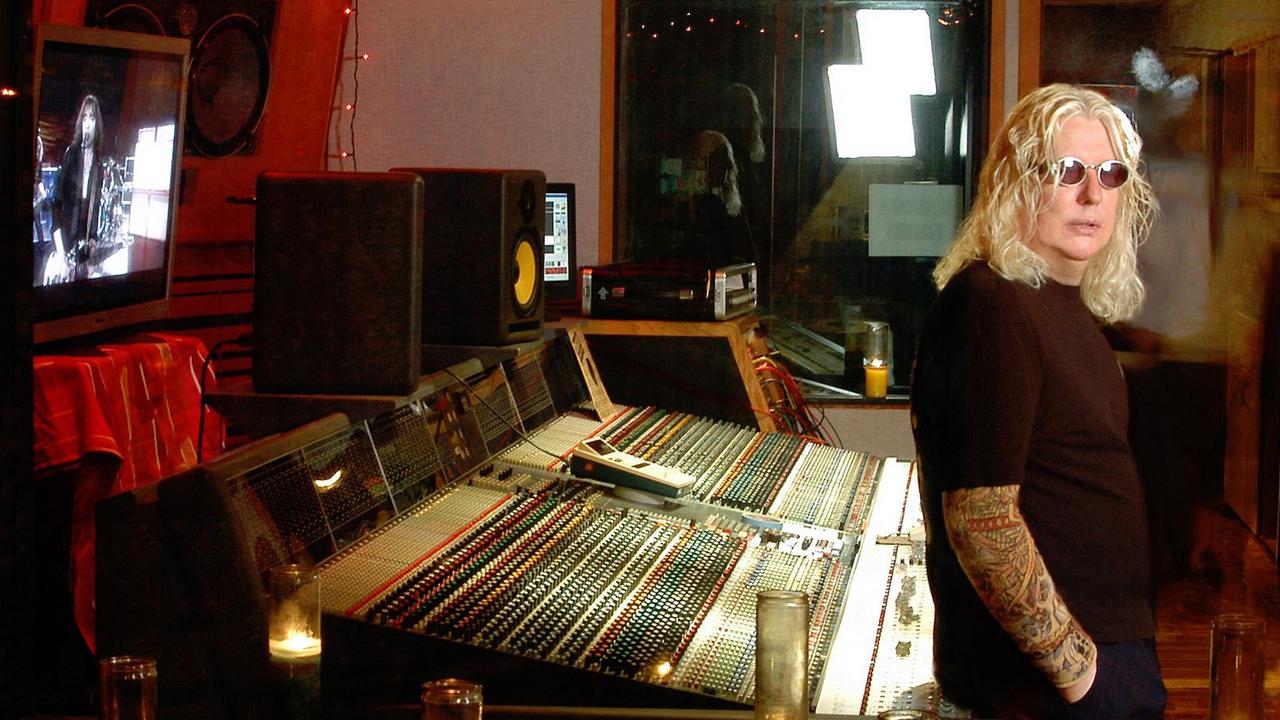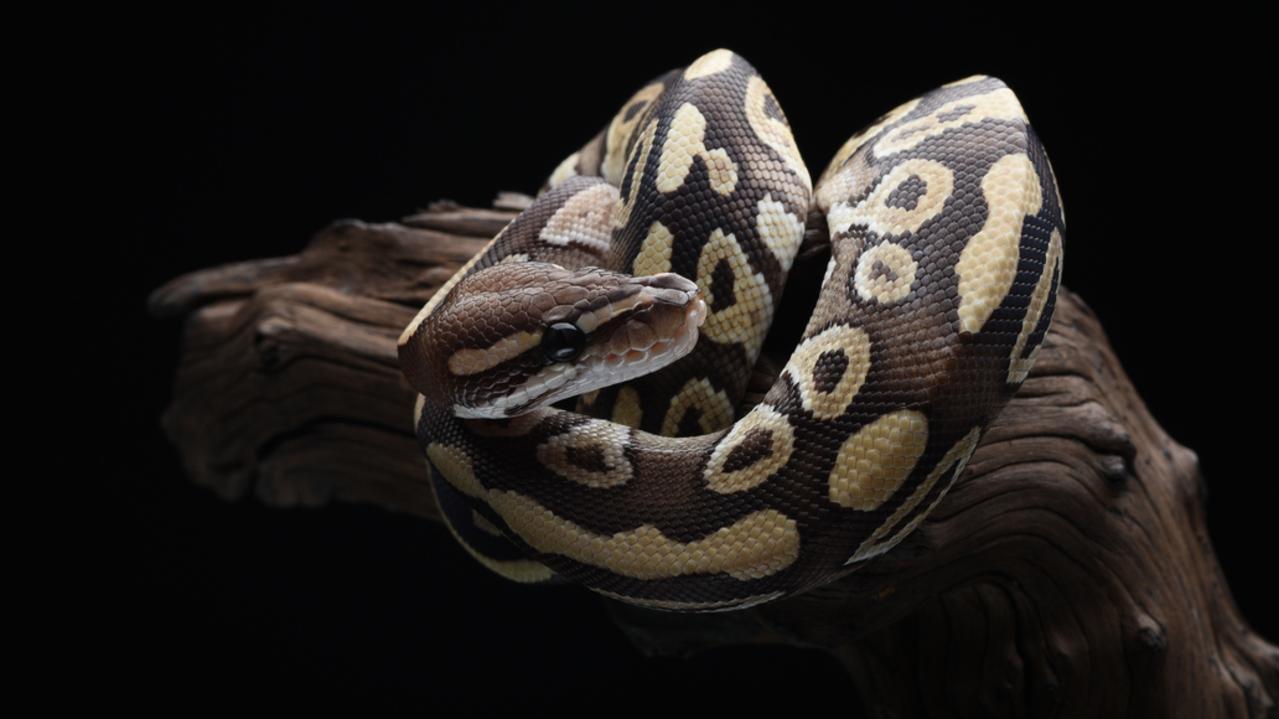Dangerous Liaisons and House of the Dragon point to sequel mania
Hungry streamers are cannibalising books, blockbuster films and even other TV shows as demand for serial drama surges.

Popular culture has long fed on itself for regeneration, but it’s extraordinary how much the streaming platforms are doing this at the moment.
The new Lord of the Rings series – The Rings of Power – arrived this month, and although its relationship to Tolkien’s dreamings of Middle Earth is merely hypothetical, it is positioned as a prequel to The Hobbit, in turn the prequel to the Lord of the Rings trilogy (dominated in adapted screen life by Peter Jackson’s tryptich).
The Rings of Power is vying for fantasy series of the year with House of the Dragon, prequel to the Game of Thrones juggernaut which ended in 2019 after eight seasons.
This prequel is set 200 years earlier and although it has some kind of source in a mock history by Game of Thrones author George RR Martin, it allows itself endless room to struggle and slither and change shape with all the conjured crypto-medievalism in the world.
In these various spin-offs is a weird mixture of glamour by association – a kind of “trust us, we know your poison” principle – that presupposes a classic status even as it metamorphoses it.
Which brings us to Dangerous Liaisons, Pierre Choderlos de Laclos’ 18th-century novel famously filmed by Stephen Frears with Glenn Close and John Malkovich as the wicked oldies and Michelle Pfeiffer, Uma Thurman and Keanu Reeves as the youngsters. Christopher Hampton won an Oscar for his screenplay adaptation, which was in turn based on his 1985 play, Les liaisons dangereuses.
In 1999 it was remade as Cruel Intentions, with Reese Witherspoon and Ryan Phillippe.
The latest incarnation is a TV version, again called Dangerous Liaisons, but this time a prequel, featuring Australians Alice Englert and Nicholas Denton.
It will be fascinating to see Denton as a younger version of the scheming, black-hearted fiend Valmont. He has been such a powerhouse on the Australian stage ever since he did Jasper Jones. Englert is playing the equally serpentine Camille. We also get Leslie Manville as the Marquise de Merteuil.
Still, it sounds like a very ambitious, not to say risk-prone, attempt to create a preamble to such a great literary and dramatic masterpiece, even if the producers include Hampton and British producer Colin Callender, a man who’s had a tremendous influence on longform television.
Callender showed HBO what it could do if it took on the novelistic aspect of British television, with series such as John Adams and Angels in America. More recently he has produced small-screen versions of Wolf Hall and Little Women.
Callender says British and American television both embody a tradition of serial drama: “It is the case that the limited series is a staple diet of British television but it has also been the case for American television since the days of miniseries like Roots and Holocaust in the 1970s.”
Limited series can take the very grand form of something like Mare of Easttown with Kate Winslet, the cold as ice satire of Physical with Rose Byrne, or the wild black comedy of White Lotus.But the recent proliferation of prequels and sequels is a different ballgame. It means that producers must constantly seek out precedents and genealogies and, when they cannot quite find them, invent them.
The Interview with a Vampire TV series (streaming in Australia via AMC+ from October 2) is based on the Anne Rice book with Australia’s Sam Reid in the Tom Cruise role. And yet even despite the best-selling novel, it’s the film that seems to be mediating things.
The Staircase with Colin Firth and Toni Collette derives from the masterly French documentary shown here on SBS. The three parts of the original French piece are dramatic beyond words in a way the dramatisation cannot quite match – although it is very fine. It’s fascinating that intelligent, densely dialectical television should feed on itself in this way.
One thing that appeared to fire the streaming platforms early on was that nobody especially wanted to watch shows doled out in weekly episodes.
Says Callender: “People have been bingeing on series since the advent of the VHS box set. The novelistic form of the long-running series is not the invention of the streamers. The streamers are simply the digital evolution of the pay television model that has been around for decades.”
He adds: “However, it’s not clear how dropping all episodes of a series at the same time is a viable long-term business model for the streamers. Pay TV has known since the outset that the biggest challenge is holding onto subscribers, and to avoid monthly churn successful series need to be made available episode by episode over many weeks.
“The streamers are now beginning to realise that, as the market becomes more and more crowded, holding onto subscribers is going to be increasingly competitive.”
But what fun it was to watch the whole of Mystery Road including the two Ivan Sen films in 22 hours. It’s fascinating, too, how much an original drama serial finds its fullest life in longform television. The three series, including the current one, Mystery Road: Origin, show the endeavour at its most ample and novelistic.
Of course everyone is willing to be thrilled by House of the Dragon because it’s a prequel to Game of Thrones. It insinuates a family resemblance, and why shouldn’t it? Game of Thrones itself was a much bigger thing as a TV saga than it was as a book series, and most devotees are not especially interested in the books because the show transcends them.
None of which is to deny the allure of House of the Dragon, where Matt Smith as Prince Daemon is pitted against Rhys Ifans as a dark, cornered character called, for heaven’s sake, Sir Otto Hightower. One of the charms of Game of Thrones was the way it milked the upper reaches of British acting with the likes of Diana Rigg and Charles Dance.
Entertainment that pushes your buttons works like this and it’s not hard to thrill – if that’s your inclination – to the glamour of all the swordplay and jousting.
So what of The Rings of Power, the prequel to The Hobbit and its grand successor, full of sustained foreshadowing? All that “one ring to rule them all” stuff presents the world as a never-ending story. It plays on the old gothic tales Tolkien was versed in and is full of exhilarating episodes. If the new adaptors can be creative in their improvisations on Middle Earth, then good luck to them.
And may they live up to that Ring-obsessed Kiwi Peter Jackson and the splendour – it seems the right word – of Ian McKellen’s Gandalf, Viggo Mortensen’s Aragorn and Cate Blanchett’s Galadriel.
Still, the best dramatisation of Lord of the Rings was done on BBC Radio in the 1980s with Michael Hordon as Gandalf, Ian Holm as Frodo and Robert Stephens as Aragorn. What wings fantasy can have when sound alone creates images in the mind.



To join the conversation, please log in. Don't have an account? Register
Join the conversation, you are commenting as Logout